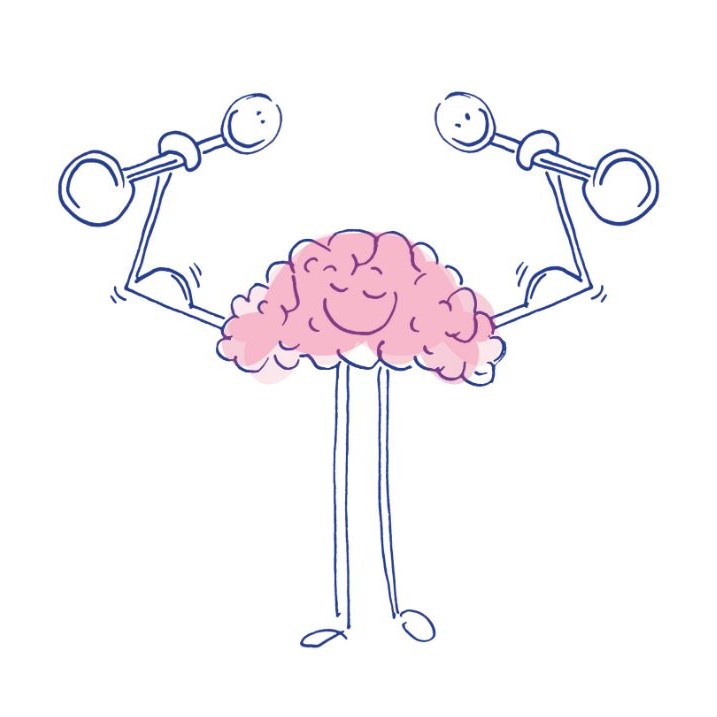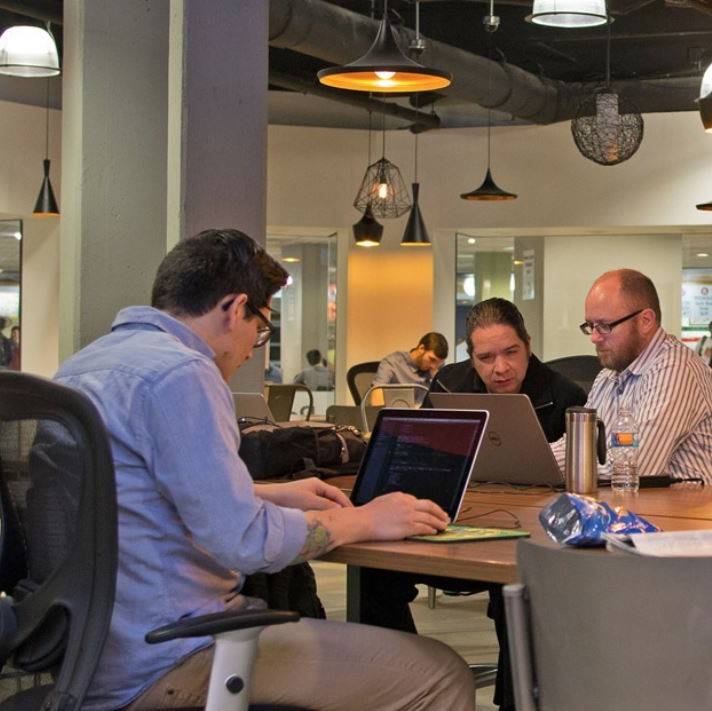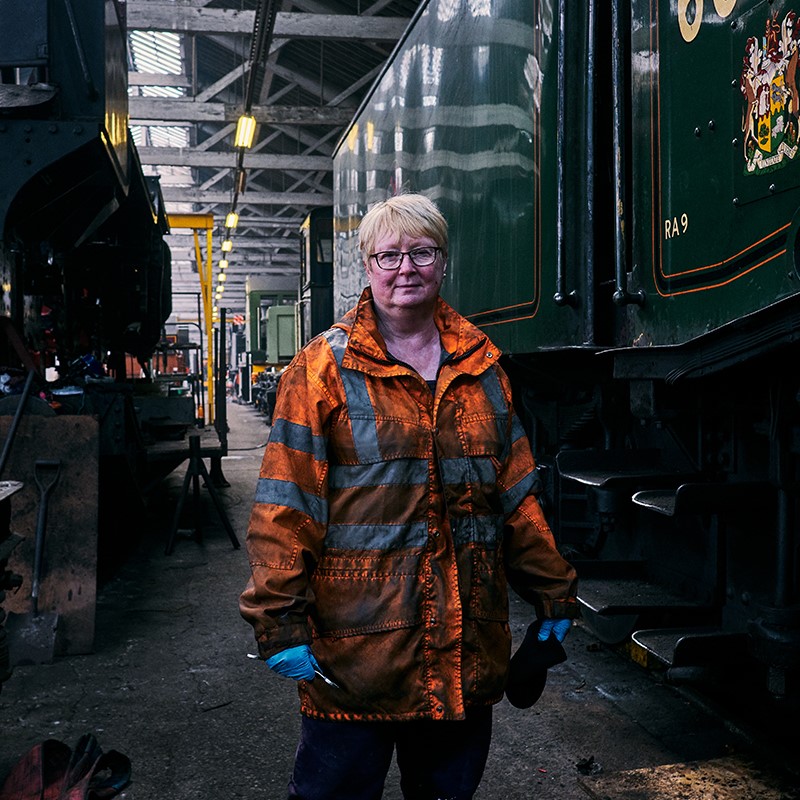To provide the best experiences, we use technologies like cookies to store and/or access device information. Consenting to these technologies will allow us to process data such as browsing behaviour or unique IDs on this site. Not consenting or withdrawing consent, may adversely affect certain features and functions.
The technical storage or access is strictly necessary for the legitimate purpose of enabling the use of a specific service explicitly requested by the subscriber or user, or for the sole purpose of carrying out the transmission of a communication over an electronic communications network.
The technical storage or access is necessary for the legitimate purpose of storing preferences that are not requested by the subscriber or user.
The technical storage or access that is used exclusively for statistical purposes.
The technical storage or access that is used exclusively for anonymous statistical purposes. Without a subpoena, voluntary compliance on the part of your Internet Service Provider, or additional records from a third party, information stored or retrieved for this purpose alone cannot usually be used to identify you.
The technical storage or access is required to create user profiles to send advertising, or to track the user on a website or across several websites for similar marketing purposes.
 Three-quarters of UK workers see pointless meetings as “normal” and 6 in 10 have attended a meeting that had no productive outcomes, a new survey claims. The research involved more than 4,000 full-time workers in the US, UK, France and Germany, including more 1,000 in the UK. The data suggests that the US undertakes the most zero-outcome meetings, with 8 in 10 respondents saying they have attended a useless meeting in their current job. (more…)
Three-quarters of UK workers see pointless meetings as “normal” and 6 in 10 have attended a meeting that had no productive outcomes, a new survey claims. The research involved more than 4,000 full-time workers in the US, UK, France and Germany, including more 1,000 in the UK. The data suggests that the US undertakes the most zero-outcome meetings, with 8 in 10 respondents saying they have attended a useless meeting in their current job. (more…)






 New research has been published aimed at understanding trends, practices and priority areas for improving employees’ experience and creating better places to work. The report,
New research has been published aimed at understanding trends, practices and priority areas for improving employees’ experience and creating better places to work. The report, 
 ‘Touch base’ and ‘no-brainer’ are apparently the most loathed pieces of office jargon in the UK, with ‘outside the box’ and ‘go the extra mile’ following closely behind. According to a survey of 2,000 people by Premier Inn, almost one in five people say they can’t stand one of these four pieces of corporate speak.
‘Touch base’ and ‘no-brainer’ are apparently the most loathed pieces of office jargon in the UK, with ‘outside the box’ and ‘go the extra mile’ following closely behind. According to a survey of 2,000 people by Premier Inn, almost one in five people say they can’t stand one of these four pieces of corporate speak. 






















October 14, 2019
The importance of patience in the workplace
by Antonio Argandoña • Comment, Wellbeing, Working lives